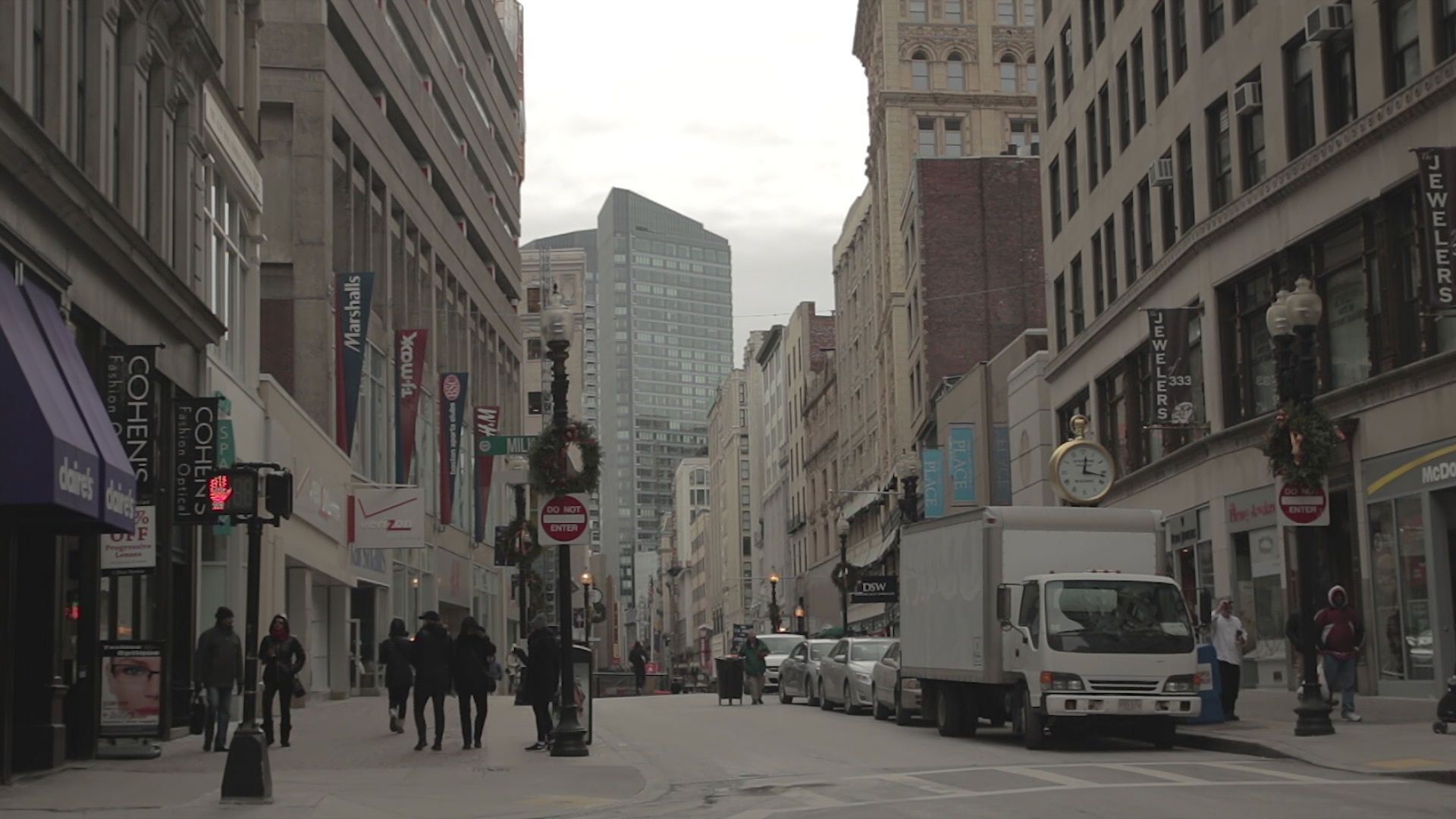Boston went after prostitutes. It went after pimps controlling the prostitutes. But neither approach did much to discourage commercial sex trafficking in the city. In a new initiative, Mayor Martin J. Walsh plans on coming down hard on johns who, in fact, drive the sex trade. If johns are discouraged from buying sex, it reduces the demand for women selling sex and pimps go out of business.
Mayor Walsh made dismantling Boston’s sex trade part of his policy platform when running for office. Last week, he made good his promise hosting a summit with Demand Abolition, a Cambridge-based group chaired by former ambassador Swanee Hunt. Demand Abolition leads a nationwide effort to abolish the illegal commercial sex industry by eradicating demand.
At the June 4, 2014, summit in Hotel Commonwealth, activists, law enforcement officials, policy-makers, and researchers met to launch Boston’s program for reducing commercial sex demand. Such initiatives are already underway in San Francisco, Seattle, and Denver.
Sex trafficking is a $9.5 billion a year industry in the United States. The National Center for Missing and Exploited Children estimates that up to 300,000 minors are at risk of ending up in the sex industry; an Arizona State University study released last year found that on any given day in the Metro Boston area, 130,000 men are actively seeking to buy sex online, through backpage.com alone.
In a February 16, 2014 article in the New York Times, Nicholas Kristof wrote, “Polling suggests that about 15 percent of American men have bought sex, and back-of-envelope calculations suggest that a man has about a 1 in a 100,000 chance of being arrested while doing so.”
Tradition is to arrest the victims and prostitution is often seen as a choice a woman makes.
The average age women enter prostitution is 15; there are known cases of six-year-olds being forced into the trade. (February 11, 2013, Boston Globe article by Ayanna Pressley and Lina Nealon). Most victims come from foster care with a history of sexual abuse. Think about it. The pimps make money from the girls they control, often using violence and drugs. The johns get what they want, domination and an outlet for violence through paid sex. But what is in it for the women? How can prostitution be a preferred career choice for a woman knowing her body will be subjected to indignity, sometimes 10-12 times a night?
A 2011 law passed in Massachusetts increased penalties for men buying sex. An arrested john could be fined up to $5,000 or serve over two years in prison. Yet, a Boston Globe article by Jennifer B. Kim on December 9, 2013, noted that “none of the state’s 11 district attorney’s offices could cite a single case in which a defendant has faced even a minimum fine of $1,000.” The worst penalty was a john who had to pay a $65 monthly court fee for a year and watch a video about the harmful effects of the sex trade.
(After the Kim piece was published three johns were fined $1,000).
In a new movement, the thinkers and movers committed to abolishing sex trade are pushing for the arrest of johns. It might just work – the johns, men with families and jobs, are the ones who have the most to lose and the fear of arrest is a huge deterrent. Research shows, and law enforcement affirms, that majority of buyers are white men with partners. The “hobbyists,” who buy sex multiple times a month have an average income of $120,000.
“The thing johns want most is anonymity,” Michael Shively, Senior Associate at Abt Associates, said at the summit. “It isn’t hard to arrest johns, they practically arrest themselves. They are a great resource for testifying against pimps and traffickers. Right now the burden of evidence rests on victims and that won’t work.”
(Abt associates is a Cambridge company feeding into Demandforum.net, a research site supplying data on cities that have launched initiatives to stop sex trade.)
The only way for things to change is a shift in political will and law enforcement. “Buyers need to be held accountable, instead of arresting and re-arresting the women and children, a practice that only re-victimizes the vulnerable,” Lina Nealon, Demand Abolition’s Founding Director said.
There is a parallel movement to increase men’s accountability, to address the sexism and entitlement ingrained in our culture. Educating boys well before they can become buyers of sex is crucial. In the last two decades “John schools” have sprung across the country – a place arrested johns go to educate themselves on the risks and violence of prostitution.
Boston’s aim is to reduce demand by 20 percent in the next two years. Fingers crossed. As Shively puts it, the only way women exit the sex trade is either destitute or dead.



